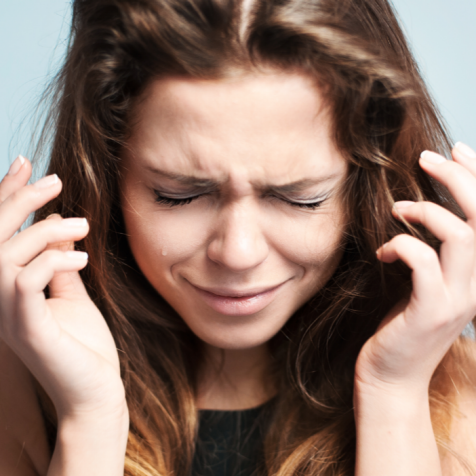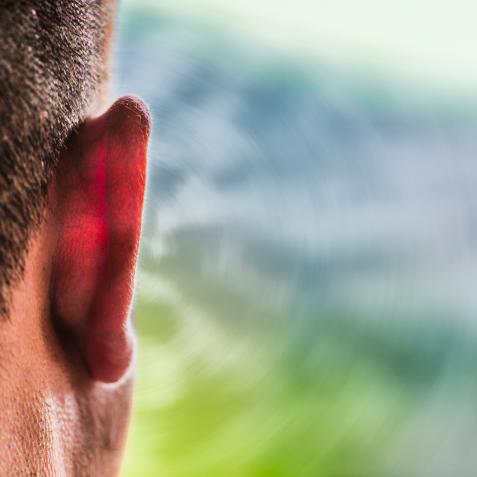
Shutterstock
This Is the Best Sleeping Position, According to Science
A good night's rest may all be down to the way you sleep.
There are few things in life better than a good night's sleep. And there are few worse than a really bad one. Even when you follow all the rules — leave your phone out of the bedroom, have clean sheets, go to bed at a reasonable hour, get around eight hours of shuteye, etc. — you can still wake up feeling achy and crabby. The one thing you may not be nailing? Your sleeping position.
Back to Bed
We all know the struggle of snuggling into bed and squirming around until some bizarre arrangement of limbs satisfies your finicky body. But if you're groggy and riddled with aches in the morning, maybe your resting pose wasn't the right one. Snoozing in the wrong position can cause back and neck pain, fatigue, sleep apnea, muscle cramping, impaired circulation, headaches, heartburn, tummy troubles, and even premature wrinkles.
According to sleep experts, sleeping on your back is the best position. Lying on your back is essentially a neutral position, good for relieving aches and pains you may be suffering from during the day. Because your head is more elevated than your chest, back sleepers are less likely to aggravate heartburn. (Lying on your back can welcome snoring, however. You've been warned.)
However, only about 8 percent of people land in this position naturally. The other positions are prone to some unwanted side effects. Sleeping on your right side, for example, has been known to trigger heartburn. The theory here is that a muscle in your esophagus is loosened in this position, making it easy for the acids in your stomach to creep into your throat. Whether it's right or left, sleeping on your side — the most common position, according to the National Sleep Foundation — can also cause shoulder and hip pain.
If you're set in your side-sleeping ways, make sure you have a neck-supporting pillow that's thick enough to take pressure off your shoulders. Stuffing a pillow between your knees could prevent lower back pain too, Shelby Harris, a sleep medicine expert and a professor at Albert Einstein College of Medicine, tells Popular Science.
The worst position of all, however, is stomach sleeping. For the 7 percent who select this position, sleeping on your stomach puts pressure on your entire body and increases your likelihood of waking up with numbness and aching joints. If you're going to do it, Harris recommends using a flatter pillow to reduce strain on your neck while you keep your head turned all night. Or if you, for some wild reason, feel the need to sleep on your stomach with your face down, put a pillow under your forehead.
You Can Do It, Put Your Back Into It
If you're not achieving all four qualities that make up a good night's sleep, you can experiment with your sleeping position to see if that could solve it. According to Harris, you can actually train yourself to be one of the hallowed 8 percent of back sleepers. She recommends snuggling into bed surrounded by pillows: put one or two on each side and one beneath your knees. This will help keep you from mindlessly rolling right out of the position in the middle of the night. For an extreme measure, Harris says you can sew half a tennis ball to each side of your pajamas to keep yourself from getting comfortable on either side, even when you're dead asleep.
Everything considered, it all just comes down to what works best for you. "Although it is commonly recommended that sleeping on your back is the best position to sleep in, comfort is key," Harris said. "If you're in pain or uncomfortable from your sleep position, it can definitely impact your sleep quality."
This article first appeared on Curiosity.com.


















